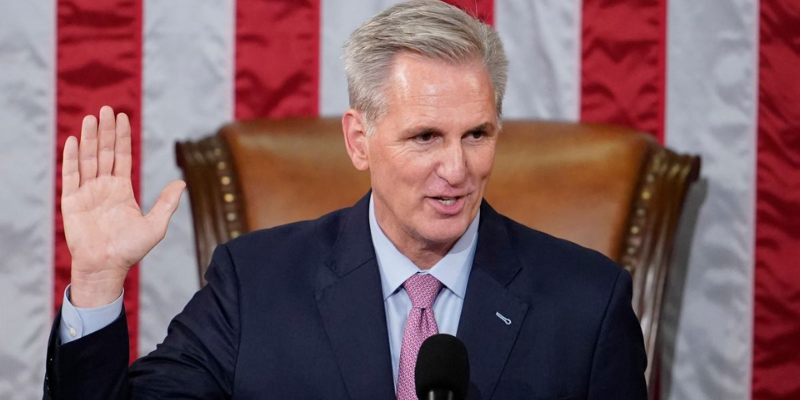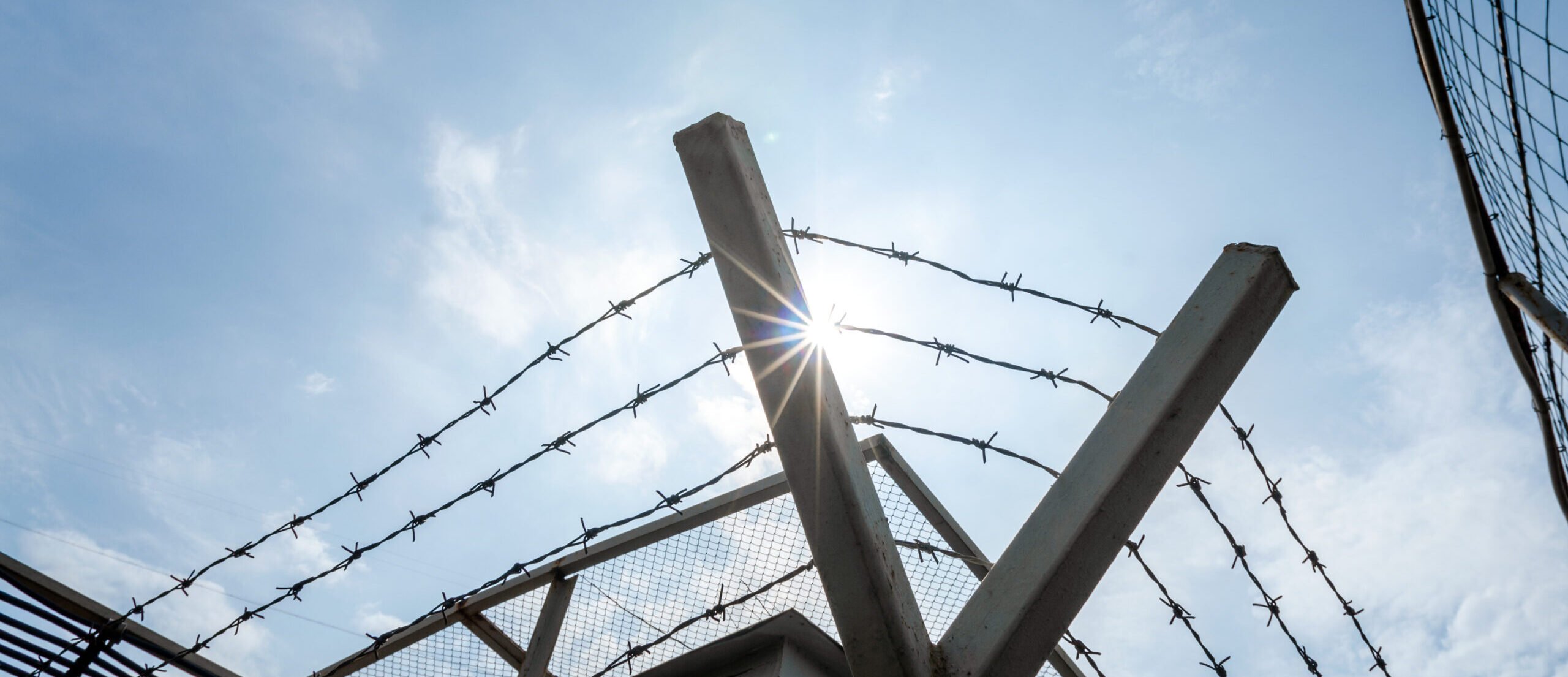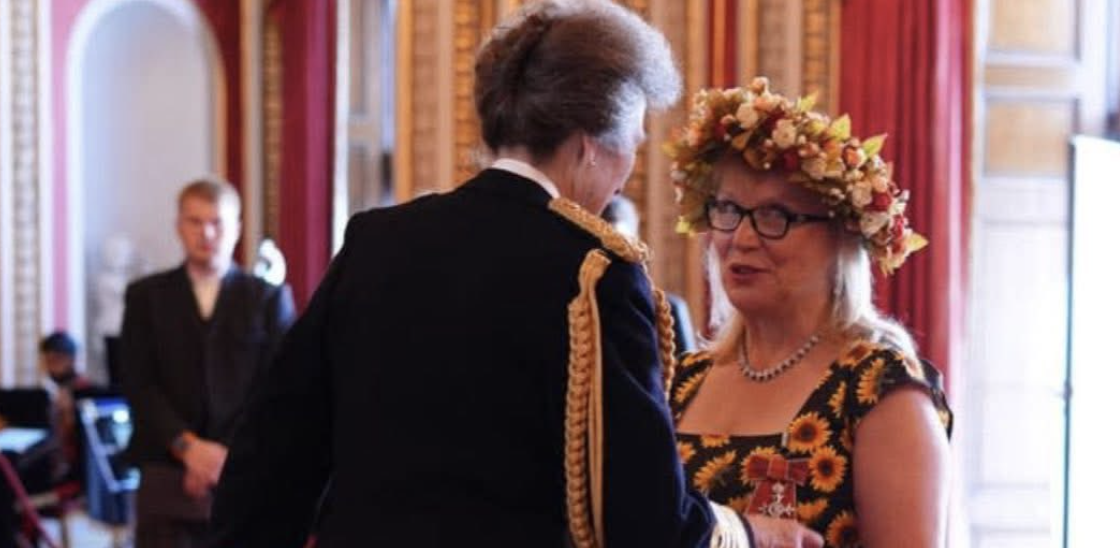
Andrij Dobriansky, Director of the UWC Mission to the UN and the spokesman for the Ukrainian Congress Committee of America (UCCA), commented on Kevin McCarthy’s appointment as the Speaker of the United States House of Representatives and refuted a belief that McCarthy’s election as Speaker would undermine US’s aid to Ukraine.
On January 7, 2023, after 15 rounds of voting, Kevin McCarthy, a Republican Congressman from California, was chosen as the Speaker of the United States House of Representatives. Given McCarthy’s new influential position as the Speaker, there has been much debate over his inclination to continue supporting Ukraine in its fight for freedom against the Russian aggressor. Some sources state that during the election process for the position of House Speaker, “McCarthy won over prominent conservative figures [who] opposed his bid by vowing to pass a bill limiting financial and military aid to Ukraine.” Some election milestones do seem odd. For example, Matt Gaetz, a conservative House member, was the most prominent opponent of McCarthy and even insulted him personally on the House floor. In response to Volodymyr Zelensky’s speech at the U.S. Congress in December 2022, Congressman Gaetz tweeted: “President Zelenskyy should be commended for putting his country first, but American politicians who indulge his requests are unwilling to do the same for ours.” However, ultimately Matt Gaetz supported McCarthy’s position as the Speaker.
In response to these and other allegations that McCarthy’s election might undermine U.S.’s aid to Ukraine, Andrij Dobriansky states, “As to the political ramifications of this new leadership: much has been made of one interview the new Speaker gave in October which included the following statement:
‘I think people are gonna be sitting in a recession, and they’re not going to write a blank check to Ukraine,” McCarthy told Punchbowl News. “They just won’t do it. … It’s not a free blank check.’
Unfortunately, less focus has been given to the same news outlet reporting how:
‘On the campaign trail, McCarthy has settled into a routine in which he offers a lengthy comparison of Vladimir Putin to Adolf Hitler.’”
Therefore, Mr. Dobriansky argues that the allegations that McCarthy would truncate Ukraine’s aid in 2023 are out of context and that the U.S. will continue to support Ukraine as it promised.
Further, Mr. Dobriansky states that “two figures emerged as instrumental in the negotiations which led to Speaker McCarthy achieving his life’s ambition:
- Brian Fitzpatrick (Pennsylvania), co-chair of the bipartisan “Problem Solvers” Caucus, supported Speaker McCarthy in all 15 rounds of voting and was critical in negotiating compromise solutions with the holdouts. He notably did this without giving public interviews and gained even more influence in the party.
- Andy Harris (Maryland) initially sided against Speaker McCarthy but declined to give public interviews against Speaker McCarthy’s nomination. And, instead of the holdouts who only voted Present in the final count, Rep Harris changed his vote to affirmatively supporting the Speaker, gaining him more respect with party leadership.”
Mr. Dobriansky adds, “Both Representatives Harris and Fitzpatrick are two of the four co-chairs of the Congressional Ukraine Caucus.”
Photo: Andrew Harnik / AP Photo via Wyborcza.pl











